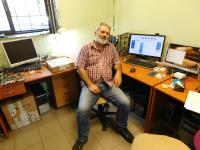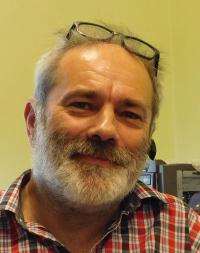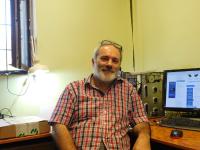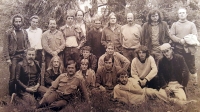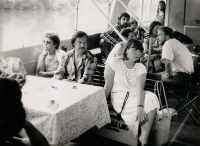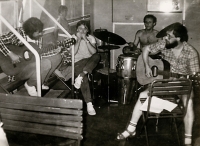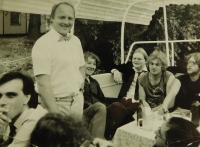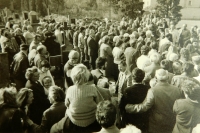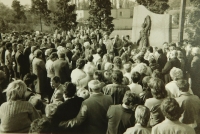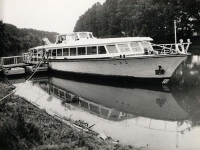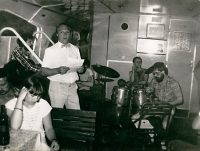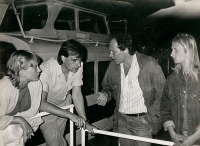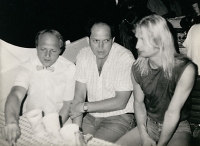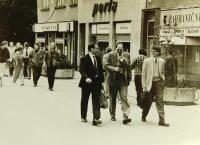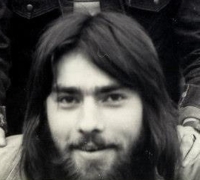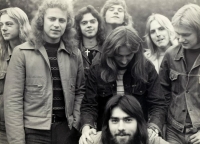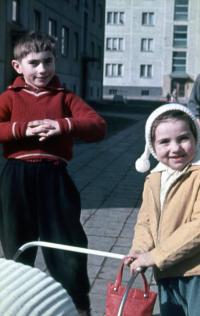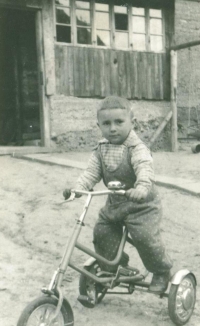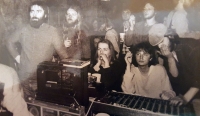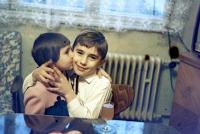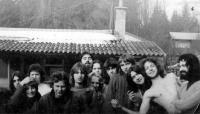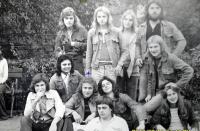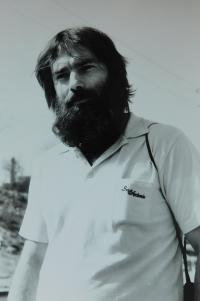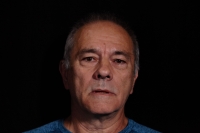He procured machines and paper for samizdat printing
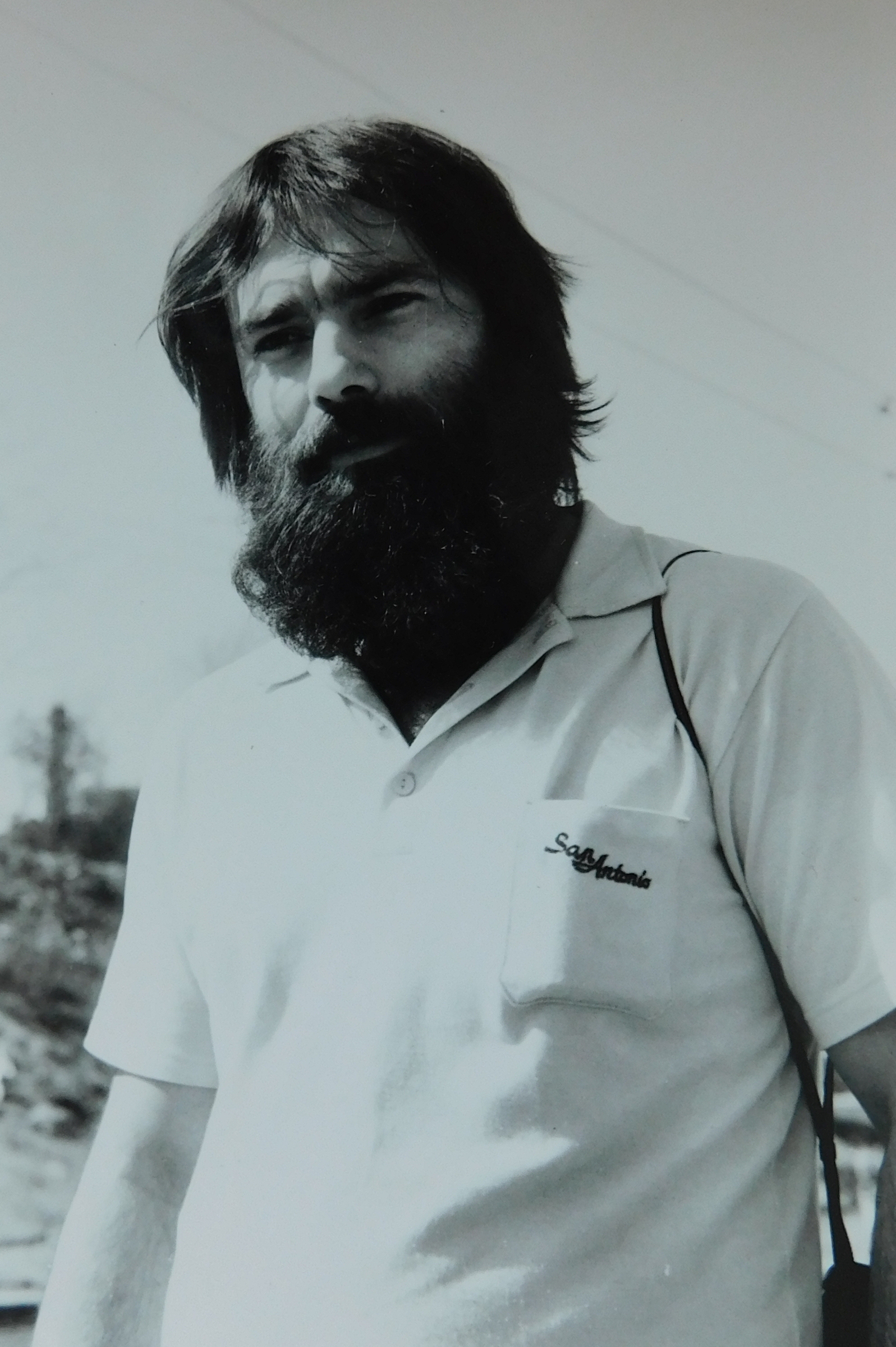
Stáhnout obrázek
Miroslav Prokeš was born on 13 December 1958 in Vsetín. At the age of four his family moved to Zlín (then called Gottwaldov). As a youth he was a so-called dandy - he wore long hair and distinctive clothing. He says that it was during his mandatory military service in Cheb that he fully realised that he was living in a prison state hemmed in by barbed wire. In Zlín he got in touch with the people around Stanislav Devátý, who actively resisted the Communist regime. One way how they did this was by printing samizdat in the city and the surrounding area. This required printing machines and large amounts of paper. Miroslav Prokeš, who worked at a scrapyard, secretly supplied them with the necessary material. In December 1989 he witnessed how State Security officers destroyed folders from their archives. After the revolution Miroslav Prokeš started a private business. In 2025, he was still living in Zlín, where he ran a computer store and service center until his retirement in 2022.
